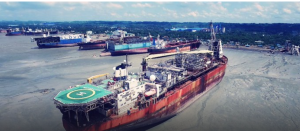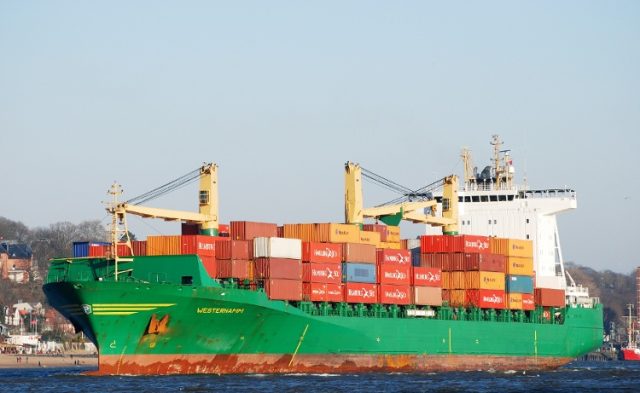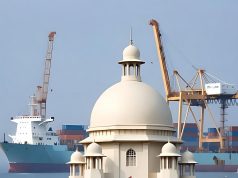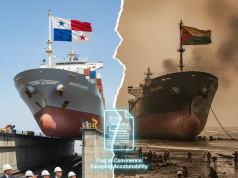Kamrul Islam, from Chattogram:
The controversial scrapping of the vessel Westerhamm is making headlines again, as German prosecutors have appealed a court verdict that acquitted the accused in a high-profile environmental violation case. The move has been welcomed by environmental advocacy group NGO Shipbreaking Platform, which has long campaigned for stricter enforcement of maritime waste regulations.
Although the defendants were acquitted, Judge Martje Heinsen did not hide her disapproval of their actions. “What you have done is not right. You caused significant environmental damage in pursuit of profit. Now, at the very least, give something back to the environment,” she stated.
At the center of the case is the 188-meter-long container ship Westerham, operated by MSC, which left Bremerhaven on November 2, 2016, and was ultimately scrapped at Alang, a coastal town in India’s Gujarat. The vessel was still operational at the time, but the owners’ intent to abandon it was deemed clear—making it legally “waste” under European law.
While the court ruled that the abandonment decision was made once the ship entered international waters, NGO Shipbreaking Platform argues the decision was taken in Germany, making it the legal responsibility of the exporting state.
This case echoes a troubling pattern previously seen in other incidents involving vessels like Altera (Norway), Harrier (Pakistan), and MV North Sea Producer (Bangladesh)—all allegedly scrapped using deceptive practices under the guise of “repairs.”
Ingvild Jenssen, Executive Director of NGO Shipbreaking Platform, said, “The shipping industry now knows how to game the system. In the case of Westerhamm, the decision was made in Germany. The ship’s location is not what matters most.”
Experts say this case could be a turning point for European environmental policy. “If shipowners continue to receive legal immunity, the degradation of our oceans is only a matter of time,” one environmental analyst warned.

In Bangladesh, the scrapping of the MV North Sea Producer in Sitakunda raised serious concerns about environmental and labor safety. The vessel, formerly a Floating Production Storage and Offloading (FPSO) unit, had operated for 17 years in the North Sea before being exported from the UK in 2016.
Though the ship was declared “hazardous material-free,” investigations later revealed the presence of radioactive waste and over 500 kg of asbestos. Following a public interest litigation by the Bangladesh Environmental Lawyers Association (BELA), the country’s High Court in 2019 declared the import, beaching, and dismantling of the ship illegal. The court ordered the scrapping company, Janata Steel Corporation, to halt operations and directed the Department of Environment to seek compensation.
These incidents highlight systemic gaps in Bangladesh’s shipbreaking industry, including regulatory violations, environmental hazards, and poor labor protections. Environmentalists argue that the industry must adopt global standards and enforce transparent and accountable practices.
Unless urgent reforms are made, they warn, the growing web of illegality and negligence could trigger even more severe ecological and human consequences in the near future.











